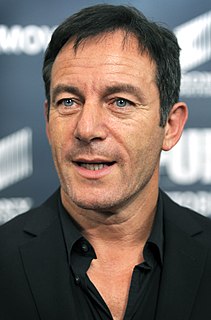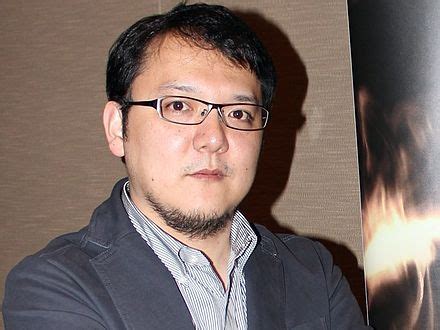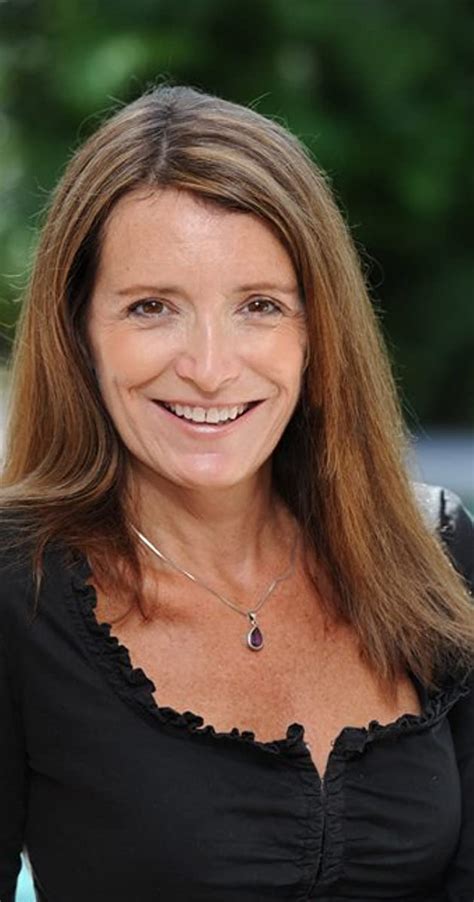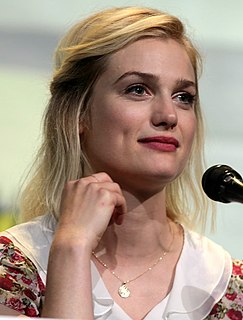A Quote by Gilbert K. Chesterton
St Thomas (Aqinas) loved books and lived on books... When asked for what he thanked God most, he answered simply, ‘I have understood every page I ever read’.
Related Quotes
Books help to form us. If you cut me open, you will find volume after volume, page after page, the contents of every one I have ever read, somehow transmuted and transformed into me just as my genes and the soul within me make me uniquely me, so I am the unique sum of the books I have read. I am my literary DNA.
Have you really read all those books in your room?” Alaska laughing- “Oh God no. I’ve maybe read a third of ‘em. But I’m going to read them all. I call it my Life’s Library. Every summer since I was little, I’ve gone to garage sales and bought all the books that looked interesting. So I always have something to read.
It is chiefly through books that we enjoy intercourse with the superior minds, and these invaluable means of communication are in reach of all. In the best books, great men talk to us, give us their most precious thoughts, and pour their souls into ours. God be thanked for books. They are the voices of the distant and the dead, and make us heirs of the spiritual life of past ages. Books are true levellers. They give to all, who faithfully use them, the society, the spiritual presence of the best and greatest of our race.
I went off and read the books after the audition and I read all four books in one sitting - you know - didn't wash, didn't eat, drove around with them on the steering wheel like a lunatic. I suddenly understood why my friends, who I'd thought where slightly backward, had been so addicted to these children's books. They're like crack.
I'm always reading many books at a time. It might be quite unorthodox, but what I do is, since I'm always surrounded with books, I'll read a page of physics, and then I'll read a chapter of a novel that I really love, and then I'll say, "Oh well, what does that mixture do in my head?" I adore reference books. I love encyclopedias. I also like just going back to original texts, because a lot of these self-help books today.
We are in a great school, and we should be diligent to learn, and continue to store up the knowledge of heaven and of earth, and read good books, although I cannot say that I would recommend the reading of all books, for it is not all books which are good. Read good books, and extract from them wisdom and understanding as much as you possibly can, aided by the Spirit of God. (JD 12:124)
The best thing about conceptual poetry is that it doesn’t need to be read. You don’t have to read it. As a matter of fact, you can write books, and you don’t even have to read them. My books, for example, are unreadable. All you need to know is the concept behind them. Here’s every word I spoke for a week. Here’s a year’s worth of weather reports... and without ever having to read these things, you understand them.






































